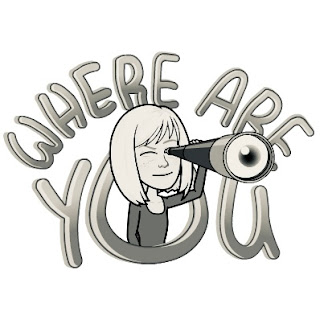Worth?! An Ongoing Bugbear
I've got something I need to get off my chest today. It's an issue that's been bugging me for quite some time now – the unfair judgment of someone's worth based on their disability. Let me paint you a little picture.
Imagine this scenario: you've just returned from a lovely holiday, bags unpacked, and you go to toss that first load of laundry in the wash...only to find your washing machine has decided to quit on you. Disaster! With a soggy mess on your hands, you call up a trusted plumber to come and save the day. A few hours later, Mr. P arrives, does his thing, and just like magic, your laundry crisis is averted. Did you stop to question his skills or the fee he charged? Of course not! You took it on faith that this professional had the proper training, years of experience under his tool belt, and the know-how to get the job done right.
Now, let's add a twist – what if Mr. P was disabled? Would you have then started haggling over his fee, assuming he was somehow less qualified for the job? I'd certainly hope not! Yet, this is the kind of nonsense that the disabled population so often face.
I remember when I was just starting as a trainer, I was being paid 40% less than my non-disabled colleagues...all because some people didn't see me as "qualified enough." As if the way I moved or spoke somehow negated years of education and real-world experience! Even a decade into my career, clients would expect a discount. It was interesting that having delivered Equality & Diversity, and leadership training to one particular organisation, they asked for a lower price for the disability equality training session. Furthermore, I was asked to give it half the time, and it was abysmally attended.
The assumptions don't stop there, either. There's this bizarre notion that just because we have a difference, the only expertise we could possibly have as Disabled people is in disability. It's like assuming someone who wears glasses must be an ophthalmologist! Um, no...just like anyone else, we have a wide range of experience, knowledge and skills. My abilities and interests go far beyond identity or physique!
Here comes the real stinger! You would be amazed how many people have asked me to work for free! That’s right. Having failed the interview, and faced the ableism of interviewers. “Surely, you don't need to work… I don't believe your CV… you have the wrong skills…” etc. I often get an invitation to do countless hours of volunteering instead. Literally asking me to pay in time, effort and money for own employment. My last volunteer job cost £140, a sum I had to find.
On top of being insulting, being treated as worthless is also incredibly painful. How many opportunities have I missed out on simply because someone decided I'd be "better off" sticking to a volunteering or disability-related role? Unfortunately, for many years, I didn't think to question such narrow-minded thinking. I accepted that I should specialise in disability because it was expected of me. Needless say I did eventually get my head around a socially pervasive and complex subject. These days, I know better even if I can fight it. With a master's degree, a PhD, and decades of valuable experience under my belt, at least I know who is undervaluing my worth. I may move, speak, or think a little differently owing to unusual experiences, but that certainly doesn't make me less talented or knowledgeable in the field. At the end of the day, disabled or not, we're all just human beings doing our best.
So let's start giving each other a fair shake (it's a gift) shall we? Our quirks don't define our abilities, the lines aren't straight on human development. I'd trust myself or any other disabled person to unclog your metaphorical pipes just as well as the next plumber!

